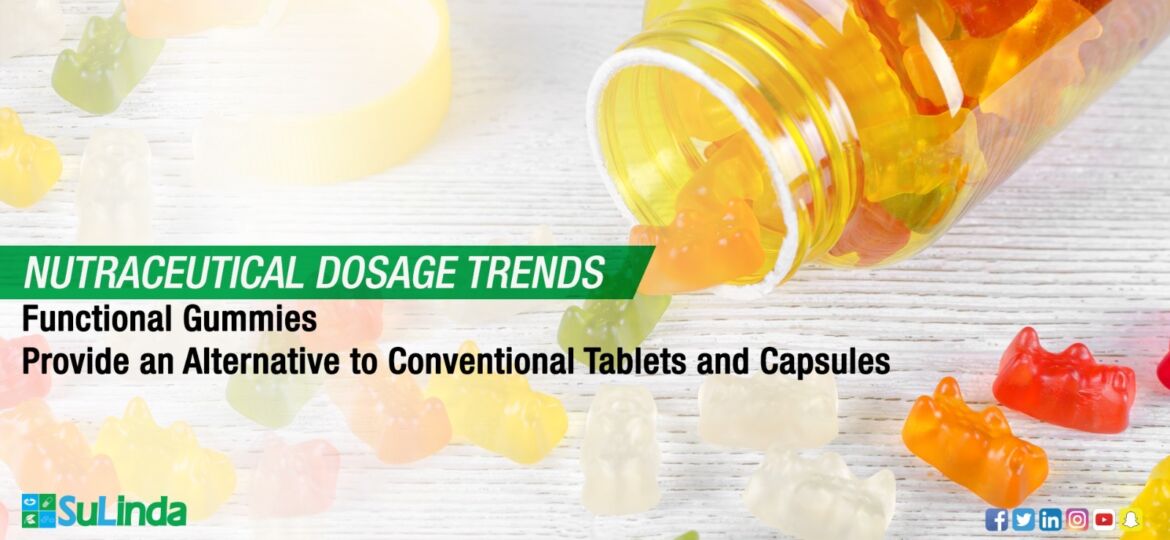Are your nails prone to breaking or is your hair thinning? It may be that the level of silica in your diet is the issue. If your diet is lacking in silica, these are some of the signs you may notice over time:
- Loss of skin elasticity
- Weak or brittle nails
- Dull or fine hair
- Impaired wound healing
- Accelerated skin aging
- Bone or ligament injuries
Silica is a naturally occurring trace mineral and is vital for the strong structural elements of plants such as stalks, as the plant roots take the mineral up through the soil. So it comes as no surprise then that silica plays a role in the formation, structure, and strength of the connective tissues in the human body – namely skin, hair, nails, bones, ligaments, and teeth. By ensuring a good intake of silica you can look forward to great skin, thick, shiny hair, and strong nails, along with the many other connective tissues it supports. Strength really is beautiful.
How do silica help skin, hair, and nails?
It is believed that levels of silica are highest during infancy. As we age, levels of silica in the body tend to decline – cue the thinning of hair, loss of skin elasticity, and bone or ligament strength. This is because silica-derived orthosilicic acid is a component of glycosaminoglycans (GAGs) and polysaccharides, which are important in the regeneration of collagen in the skin and the repair of connective tissues in hair and nail beds (1). Silica might just be the ultimate beauty mineral to support the structure and integrity of hair, skin, and nails throughout the aging process.
Clinical results
In one dermatological study, silica was administered to women with sun-damaged skin to assess its ability to improve their skin and nail health as chronic exposure to sunlight damages connective tissue. At the end of 20 weeks, of 10mg daily of bioavailable silica, the results showed a decrease in skin roughness and less brittle nails and hair compared to the placebo group.
Zinc
Zinc plays an important role in hair tissue growth and repair. It also helps keep the oil glands around the follicles working properly.
Hair loss is a common symptom of zinc deficiency.
Studies show zinc supplements reduce hair loss caused by zinc deficiency.
However, there are some anecdotal reports that supplementing with too high of a dose can also contribute to hair loss.
For this reason, it may be better to get your zinc from whole foods. Foods high in zinc include oysters, beef, spinach, wheat germ, pumpkin seeds, and lentils.
The mineral zinc can improve hair growth in people who are deficient in it. Good sources include oysters, beef, and pumpkin seeds.
So if you’re considering supplement manufacturing for this product, or other beneficial products, contact us for a private labeling manufacturing service. It’s one of the best ways to get into an industry with nothing but long-term, positive benefits for health!



